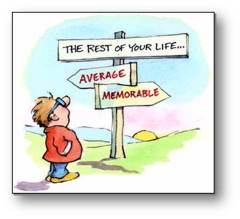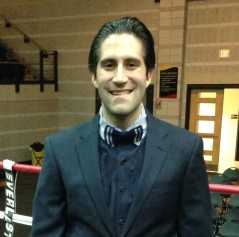By Kate Duey
Kate Duey is a private college counselor serving gifted students. She has worked with students on traditional schooling paths, home schooled students, community college students, and students seeking accelerated or early college entrance. Kate is a graduate of Harvard College and Harvard Business School. She has a Certificate in College Counseling from UCLA.
 Is an aspiring Ph.D. in the sciences better served by an undergraduate education at a liberal arts college or a research university? The vast majority (83%) of Ph.D.’s in science are awarded to students who graduated from research universities. The top ten research universities graduating undergraduates who go on to earn the most Ph.D.’s in the sciences are:
Is an aspiring Ph.D. in the sciences better served by an undergraduate education at a liberal arts college or a research university? The vast majority (83%) of Ph.D.’s in science are awarded to students who graduated from research universities. The top ten research universities graduating undergraduates who go on to earn the most Ph.D.’s in the sciences are:
- UC Berkeley
- University of Michigan
- Cornell University
- M.I.T.
- University of Wisconsin, Madison
- Penn State
- UCLA
- Harvard
- University of Minnesota
- University of Washington
Read more about research and liberal arts universities here!


 Deliver a full cup of tea in a wagon that rolls smoothly on four wheels of four different shapes.
Deliver a full cup of tea in a wagon that rolls smoothly on four wheels of four different shapes.